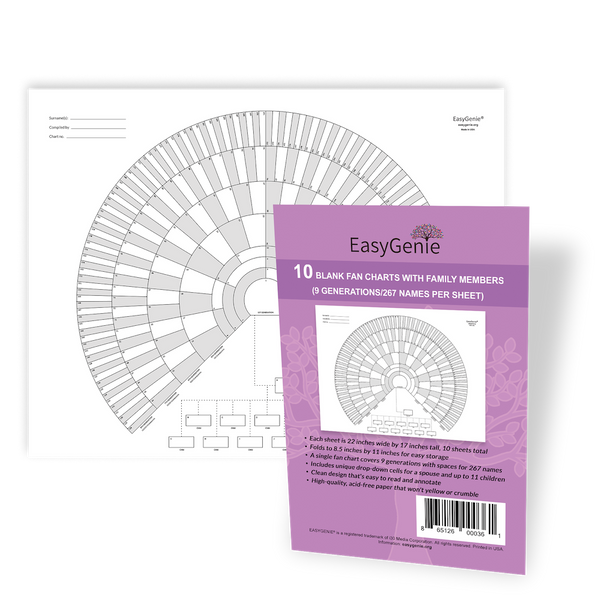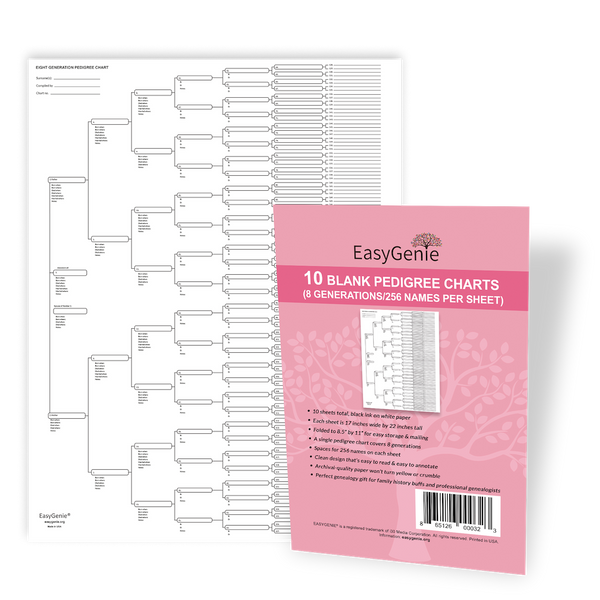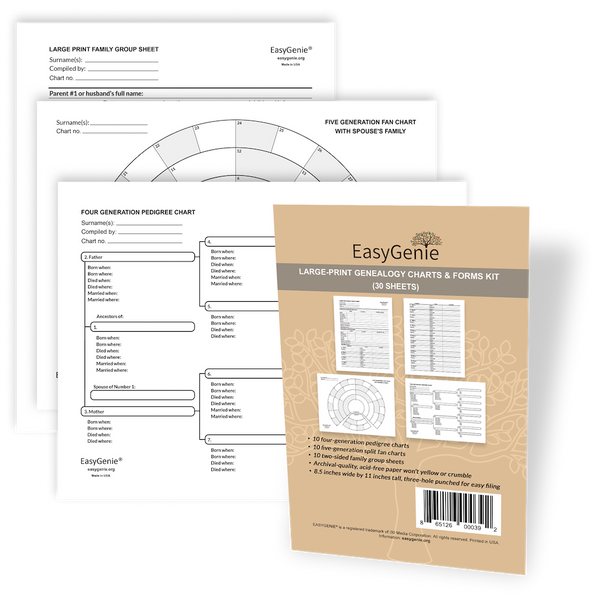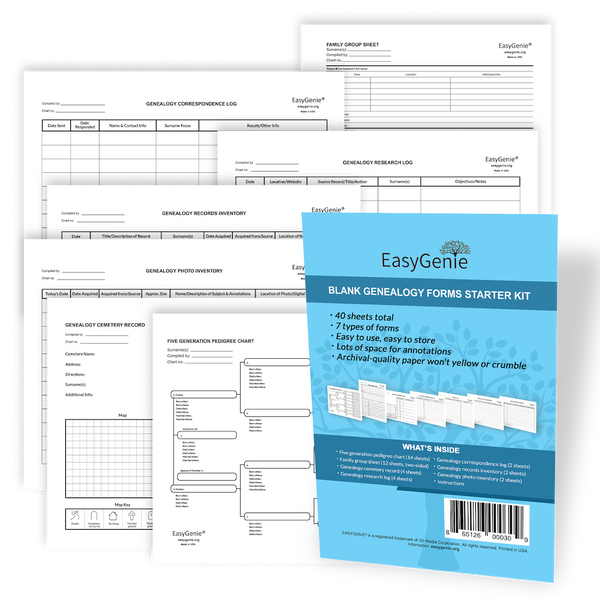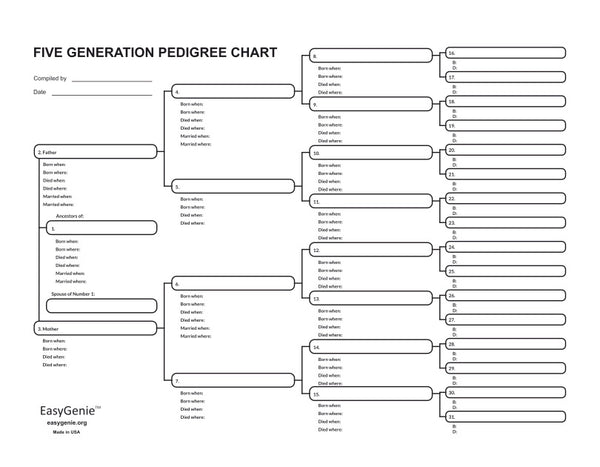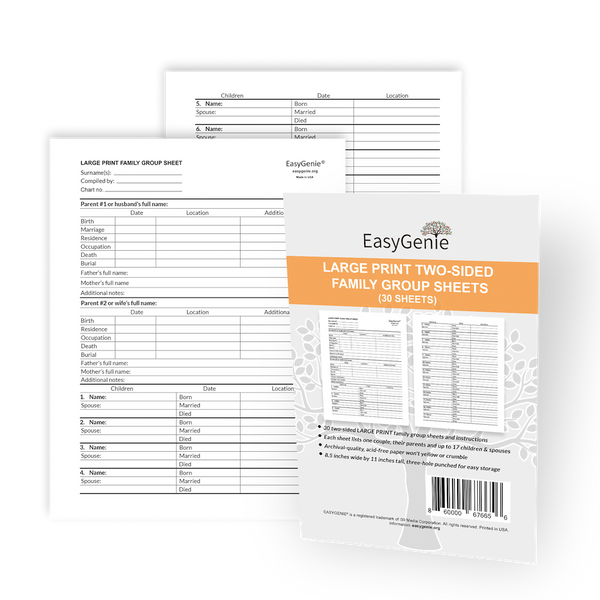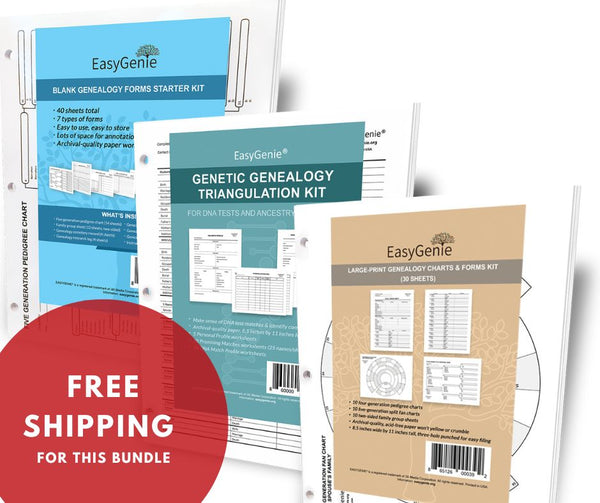
How to opt out of the 23andMe binding arbitration clause
Ian LamontSix weeks ago, I described the 23andMe hack that exposed millions of genealogists’ account records, which were resold on the Dark Web. 23andMe was unaware for months that this was going on, and instead of taking responsibility, the Silicon Valley company blamed us, its customers. If you have ever used a 23andMe DNA test for genealogy research, you may be a victim.
Now, 23andMe wants to take away our rights to sue the company in U.S. courts. Instead, 23andMe binding arbitration will be in force. This system is utterly rigged against consumers, according to researchers:
“This is not like having judges, who get paid the same no matter what happens,” says Stanford Graduate School of Business finance professor Amit Seru, who collaborated on the study with Mark Egan at Harvard Business School and Gregor Matvos at the University of Texas at Austin. “Here, you only get paid if you’re selected as an arbitrator. They have incentives to slant toward the business side, because they know that those who don’t do so won’t get picked. Everyone knows what’s happening.”
Here’s what the email says about the 23andMe binding arbitration:

Fortunately, there’s a way to opt out of the 23andMe binding arbitration. I did so this morning, and it takes just a few minutes. Create a new email to arbitrationoptout@23andMe.com and cc legal@23andMe.com and use the following script:
Subject: Opt out of new 23andMe arbitration terms
Dear 23andMe, this regards the recent changes to the 23andMe Terms of Service, dated November 30, 2023. My name is [YOUR NAME AS REGISTERED ON 23ANDME], and the email associated with my 23andMe account is [YOUR 23ANDME ACCOUNT EMAIL ADDRESS].
I hereby request to opt out of the updated Terms of Service. I do not consent to the terms as outlined in the recent update. Thank you for processing my request promptly. Sincerely, [YOUR NAME]
If your DNA kit is on 23andMe but somebody else owns the account, that person will need to opt out.
I don't have any plans to sue 23andMe over its irresponsible handling of our data that led to the hack. But I do want to preserve my rights to take part in any class action suit. I also believe in principle that the courts should handle such disputes, not "arbitrators" cherry-picked by Silicon Valley management teams.
As I noted in October, 23andMe is not the only genealogy service to be hacked. Ancestry, MyHeritage, and even FamilySearch have all been exploited in recent years. There are steps you can take to better protect your genealogy and personal data, as I outlined in “7 data security tips” in this blog post.
